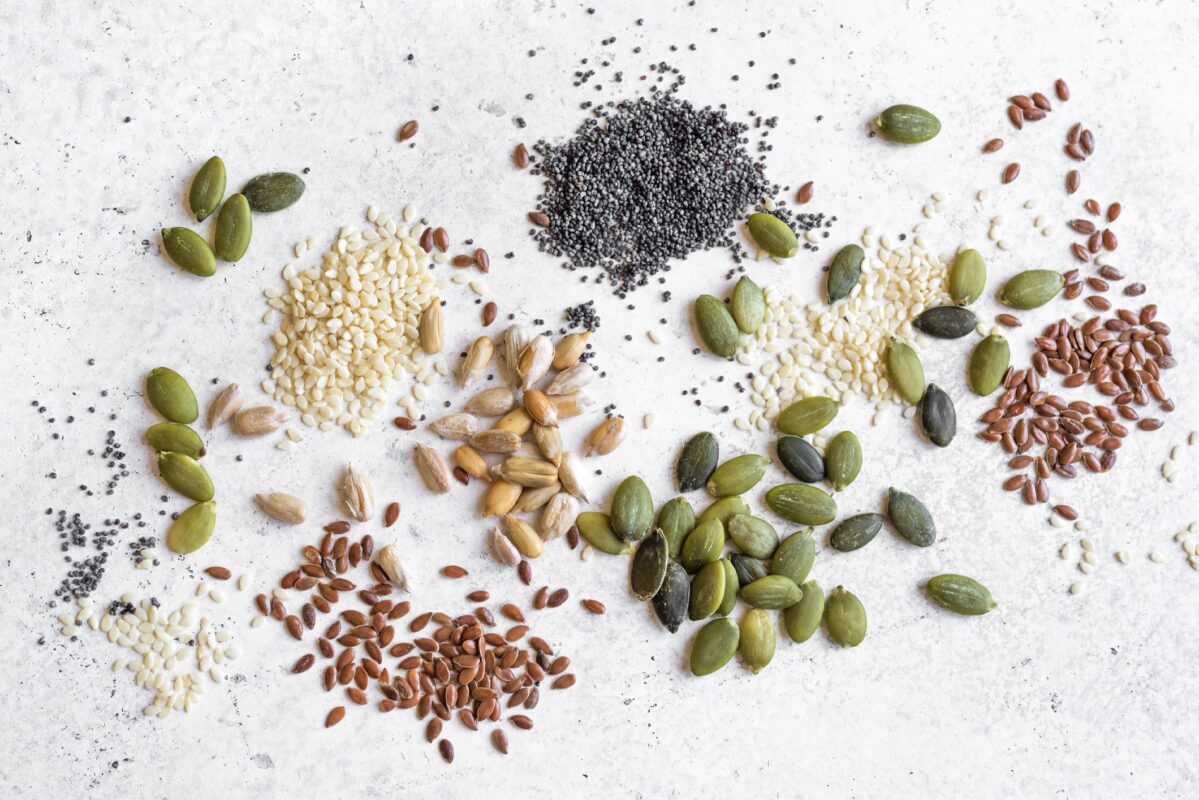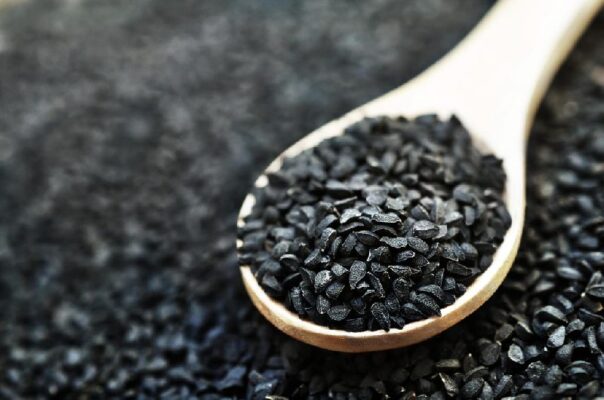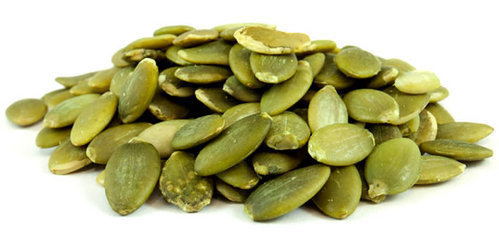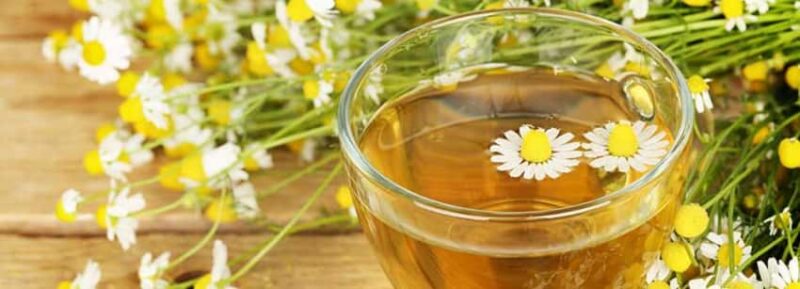Superseeds You Must Add In Your Diet
Seeds provide proteins and heart-healthy monounsaturated and polyunsaturated fats provide all three of these nutrients and are plant-based sources of essential amino acids and minerals, including calcium, zinc, copper, and magnesium — especially important in vegetarian and vegan diets. Other benefits include dietary fiber, vitamins, and phytochemicals. Seeds are linked to improved cardiovascular, digestive, immune, and bone health; research suggests regular consumption of seeds may contribute to the management of blood sugar and appetite as well as bone mineral density and may help lower the risk for obesity and certain cancers.
Seeds by definition are a plant’s unit of reproduction, and their sources are as diverse as their sizes and colors: Pepitas are the hulled seeds of a pumpkin. Chia is a member of the mint family. Beautiful flowering plants are the sources of poppy, sunflower, nigella, and mustard seeds. Hemp is in the same botanical family as marijuana, but its seeds lack the high-inducing chemical tetrahydrocannabinol, better known as THC. Sesame seeds develop in triangular-shaped pods on plants that can reach 9 feet tall. And flaxseed comes from an annual herb also harvested for linen fiber. Let’s discuss some of these wonder seeds.
Chia Seeds

An excellent source of magnesium and a good source of calcium, this mild seed has nearly 10 grams of fiber, 5 grams of protein, and more omega-3s than salmon per ounce. Use it as a crunchy topping or mixed with liquid to form a gel for an egg replacement, nutrient-rich drink, or tapioca-like pudding.
Flaxseeds
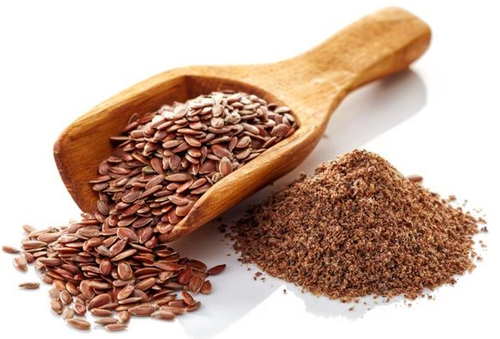
Rich in fiber and heart-healthy omega-3 alpha-linolenic acid, flaxseed (also called linseed) is one of the best sources of antioxidant plant lignans. There’s little difference between golden and brown varieties of flax, both of which can be ground just before using to enhance absorption. Oil imparts a gentle toasty flavor to vinaigrettes.
Hemp Seeds

One of the few plant foods containing the proper proportion op seed oil for finishing dishes or making vinaigrettes.
Nigella Seeds
The dull black seed of a flowering plant native to South Asia, nigella (also called charnushka) has almost 10 grams of fiber per ounce. Similar in appearance to black sesame with a bitter, smoky aroma and a nutty, peppery flavor, it’s often used to top Middle Eastern, Eastern European, or Indian bread.
Pumpkin Seeds
Pepitas (also known as pumpkin seeds) are an excellent source of monounsaturated fats, magnesium, and phosphorous, and a good source of iron and zinc. Plus, they have more than 8 grams of protein per ounce. These vibrant green seeds are deliciously roasted for a snack or used to top salads, soups, and bread.
Sesame Seeds
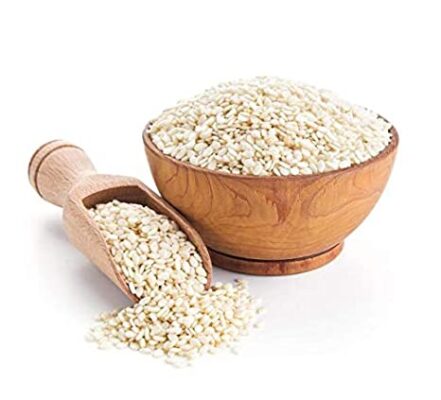
An excellent source of iron and calcium, sesame seeds (also known as benne seeds) are used whole in savory and sweet baking, ground into tahini, or pressed for flavorful oil. Unhulled varieties are more nutrient-rich; black seeds have a toasty and smoky flavor.
Sunflower Seeds

Found inside black-and-white striped hulls, one ounce of hulled sunflower seeds are rich in vitamin E and are a good source of folate. With a low smoke point, sunflower oil can be used in cooking as well as salad dressings. Sunflower butter can be used as an alternative to peanut butter.
Halim Seeds
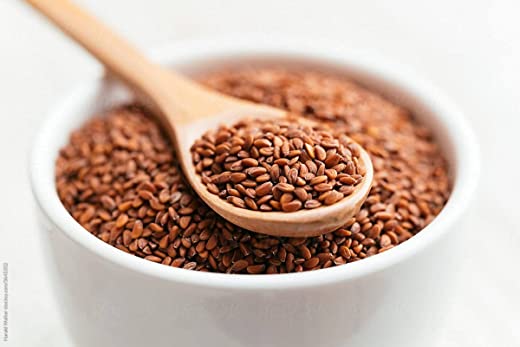
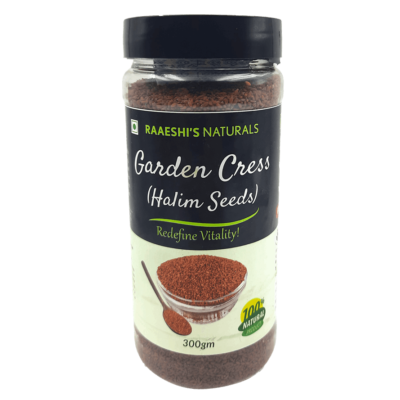
Raaeshi’s Naturals HALIM SEEDS – 300g
Buy here best quality, sortex cleaned Alive Seeds at lowest rates.
Share This:

